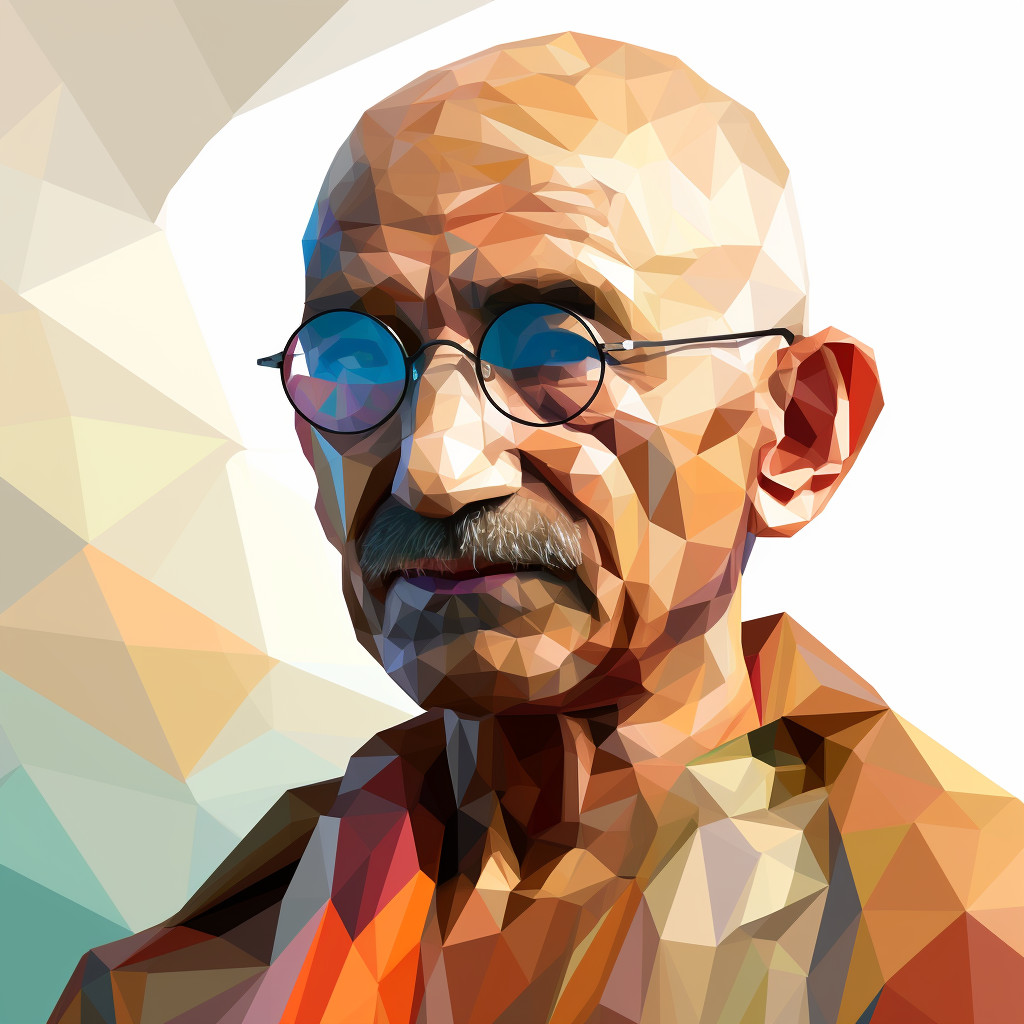This quote by Mahatma Gandhi emphasizes the importance of freedom in life. Freedom, according to Gandhi, is as essential as the breath of life, without which life loses its meaning. The rhetorical question at the end, “What would a man not pay for living?” underscores the idea that one should be willing to sacrifice anything for the sake of freedom, just as one would do anything to stay alive.
Freedom, in this context, can be understood in many ways. It could mean political freedom, i.e., living in a democratic society where human rights are respected. It could also mean personal freedom, i.e., the ability to make choices about one’s own life. Furthermore, it could mean spiritual freedom, i.e., liberation from ignorance, fear, and other inner constraints.
Applying this idea in today’s world, we can see that the struggle for freedom continues in many parts of the globe. People are still fighting for their rights, for democracy, for the ability to live their lives as they choose. This quote is a reminder of the importance of these struggles, and the need to support them.
In terms of personal development, the quote suggests that freedom is a prerequisite for personal growth. It is only when we are free to make our own choices, to follow our own path, that we can truly grow and develop as individuals. This might mean breaking free from societal expectations, from limiting beliefs about ourselves, or from harmful habits or relationships. It might also mean seeking knowledge and understanding, as these are also forms of freedom.
In conclusion, Gandhi’s quote is a powerful statement about the value of freedom. It reminds us that freedom is not a luxury, but a necessity, something as vital to our existence as the air we breathe. Whether on a societal level or an individual level, the pursuit of freedom is a pursuit of life itself.




